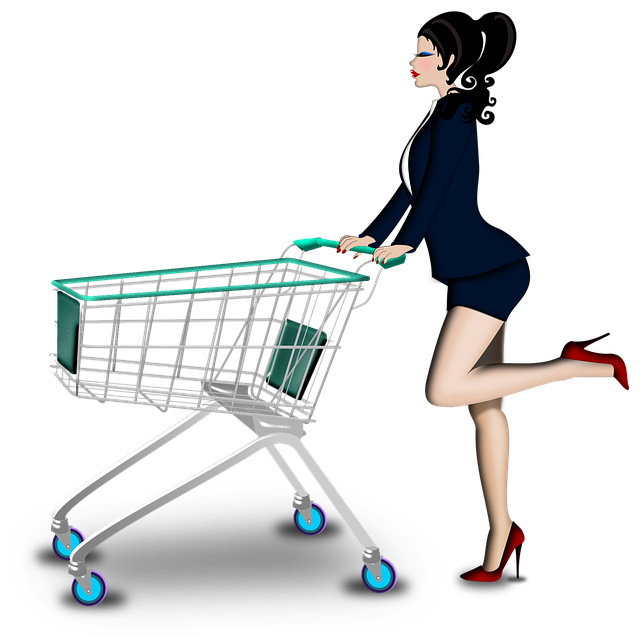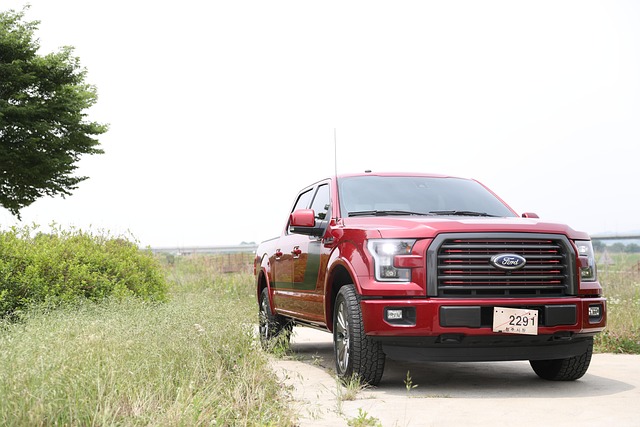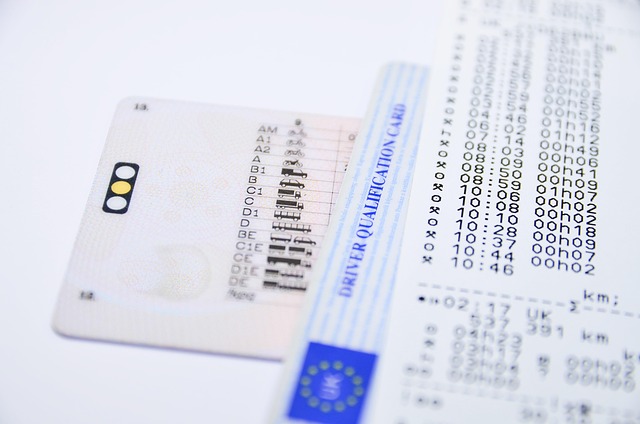Bobtail insurance specializes in protecting independent drivers engaging in short-haul, local trips, offering liability coverage during periods of inactivity. Non-Trucking Liability Insurance (NTLI) provides crucial safety for downtime, guarding against accidents and damages while the vehicle is parked or used non-commercially. Choosing between them depends on trucking needs: bobtail for occasional deliveries, NTLI for frequent haulers. A strategic hybrid approach combining both policies offers comprehensive independent driver protection across diverse trucking scenarios and regulatory landscapes.
Navigating the nuances of liability insurance is crucial for independent drivers looking to safeguard their operations. This article delves into two distinct policies: bobtail and non-trucking liability insurance. Understanding these options is essential for protecting your business during short-haul trips or downtime. We explore key differences, offering insights on when to choose each, and emphasize comprehensive protection strategies by combining policies tailored for independent driver needs.
Understanding Bobtail Insurance: Coverage for Short-Haul Trips

Bobtail insurance is a specialized form of coverage designed for independent drivers who engage in short-haul trips, typically within a limited geographic area. Unlike traditional liability insurance that offers comprehensive protection during the entire driving period, bobtail policies focus on specific scenarios. When an independent driver is not transporting any cargo or passengers and is simply making local deliveries or running personal errands, bobtail insurance kicks in. This type of coverage ensures that drivers are protected against potential accidents or incidents that may arise during these non-commercial activities.
This form of protection is particularly beneficial for gig economy workers and owner-operators who need liability insurance but often have intermittent periods of no activity. By understanding when and where bobtail insurance applies, drivers can gain a layer of independent driver protection, offering peace of mind while navigating the differences in liability coverage options.
Non-Trucking Liability: Protecting Independent Drivers During Down Time

Non-Trucking Liability Insurance plays a pivotal role in protecting independent drivers during periods of downtime, offering crucial coverage for those moments when they’re not on the road actively transporting goods or passengers. This insurance type is designed to shield drivers from potential liabilities arising from accidents, property damage, or personal injuries that may occur while their vehicle is parked, idling, or being used for non-commercial purposes.
For independent drivers, who often juggle multiple jobs and varying schedules, having this coverage ensures they’re financially secured, even when they’re not actively engaged in trucking activities. It’s a safety net that provides peace of mind, allowing them to focus on their work without the constant worry about unexpected financial burdens stemming from accidents or incidents during down time.
Key Differences: When to Choose Each Option

When considering insurance options for your trucking operations, understanding the nuances between Bobtail and Non-Trucking Liability Insurance (NTLI) is crucial for making an informed decision. Bobtail insurance is typically designed for independent drivers who operate their vehicles during non-commercial activities, offering limited protection when not hauling cargo. It’s ideal for personal use or occasional local deliveries, providing a cost-effective solution for minimal risks.
On the other hand, NTLI is tailored to meet the unique needs of independent drivers engaged in trucking operations, even if they don’t haul cargo regularly. This type of insurance kicks in when you’re on the road and involved in an accident, offering more comprehensive protection than Bobtail. It’s a smart choice for frequent haulers or those navigating complex regulatory environments, ensuring they have robust coverage to safeguard their assets and business interests. The choice between these options depends on your specific trucking scenario and desired level of risk management.
Ensuring Comprehensive Protection: Combining Policies for Independent Drivers

For independent drivers, ensuring comprehensive protection goes beyond a singular insurance policy. Navigating the nuances between bobtail and non-trucking liability insurance is essential to achieving robust coverage. Bobtail policies are tailored for when a truck is not being used for commercial purposes, offering limited protection. In contrast, non-trucking liability insurance provides broader coverage for personal vehicles used incidentally for trucking-related tasks, addressing gaps left by bobtail policies.
Combining these policies creates a multi-layered safety net, crucial for independent drivers who juggle multiple roles and responsibilities. This hybrid approach ensures that no matter the scenario—whether driving personally or transporting goods—the driver is shielded from potential liabilities. It’s not just about having insurance; it’s about achieving comprehensive independent driver protection in an industry with ever-evolving regulations and risk profiles.
When it comes to insuring independent drivers, understanding the nuances between bobtail and non-trucking liability insurance is crucial. Each policy caters to distinct needs: bobtail for short-haul trips and non-trucking liability for protecting drivers during downtime. By recognizing when to choose each option, independent drivers can ensure comprehensive protection tailored to their unique situations. Combining these policies enables a robust safety net, offering peace of mind on and off the road—ultimately enhancing the independence and security of these essential workers.
